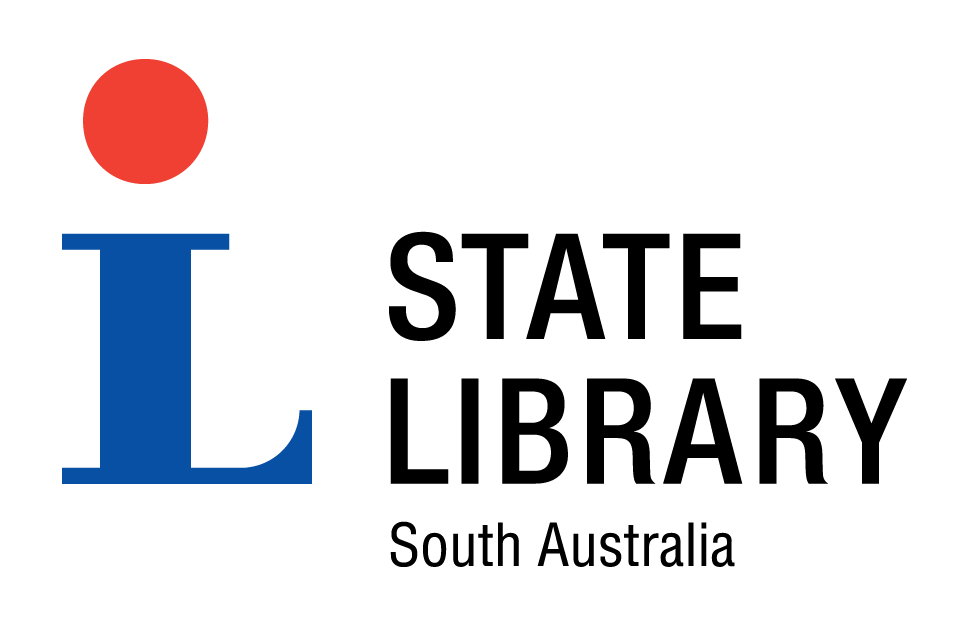
Bragg, William Lawrence 1890-1971

|
| View catalogue details |
Born: 31 March 1890 [Adelaide, South Australia]
Died: 1 July 1971 [London, England]
Scientist, Educator, Nobel Prize winner
William Lawrence Bragg (known as Lawrence) completed his secondary education at St Peter's College at the age of 15. He enrolled at the University of Adelaide, studying mathematics, chemistry and physics. Like his father, physicist William Henry Bragg, Lawrence then continued his studies at Cambridge University and was appointed as Fellow and Lecturer in Natural Sciences at Trinity College, Cambridge in 1914 two years after graduating.
In 1912, the German physicist Max von Laue proved that x-rays were waves of light with a very short wavelength by diffracting them through crystals. Lawrence, who had just completed his degree, took up von Laue's work and began his own experimentation with x-rays and crystals, eventually developing Bragg's Law - a formula which expresses the relationship between the wavelength of the x-ray, the angle at which the x-ray enters the crystal and the distance between the layers of the crystal. The law can be used to determine the arrangement of atoms inside crystals. Meanwhile, William had perfected a piece of equipment called an x-ray spectrometer with which father and son could conduct their x-ray crystallography experiments. For their collaborative work, Lawrence and William were awarded the 1915 Nobel Prize for Physics.
Lawrence served in France during the First World War, undertaking pioneering work in the use of sound-ranging to identify the position of enemy guns. He was made an Officer of the Order of the British Empire (OBE) and received the Military Cross (MC) in 1918. After the war, he took up a post as Professor of Physics at Victoria University, Manchester. Other positions held during his career include Director of the National Physical Laboratory and Cavendish Professor of Experimental Physics, Cambridge.
Bragg was knighted in 1941 and received many awards and medals for his pioneering research in the x-ray analysis of crystals, minerals and proteins.
Image reproduced courtesy of Advertiser Newspapers Pty Ltd. It may be printed or saved for personal research or study. Use for any other purpose requires written permission from Advertiser Newspapers Pty Ltd and the State Library of South Australia. To request approval, complete the Permission to publish form .
Key achievements
1914: Presented with the Barnard Medal
1914: Appointed Fellow and Lecturer in Natural Sciences at Trinity College, Cambridge
1915: Awarded the Nobel Prize in Physics for his work on x-ray crystallography; shared with his father William Bragg
1918: Made an Officer of the Order of the British Empire (OBE) and received the Military Cross (MC)
1919: Appointed Langworthy Professor of Physics at Victoria University, Manchester
1921: Elected Fellow of the Royal Society, London
1931: Won the Royal Society's Hughes Medal for his pioneer work on the elucidation of crystal structure by x-ray analysis
1938: Became Cavendish professor of experimental physics at Cambridge
1941: Received a knighthood
1946: Awarded a Royal Medal by the Royal Society for his distinguished researches in the sciences of x-ray structure analysis and x-ray spectroscopy
1948: Presented with the Mineral Society of America's Roebling Medal
1966 Awarded the Royal Society's Copley Medal in recognition of his contributions to the development of methods of structural determination by x-ray diffraction; medal is the Society's highest award
1967: Appointed Order of the Companion of Honour (CH)Did you know?
When awarded the Nobel Prize for Physics in 1915, Bragg was the youngest recipient of the Nobel Prize - he was just 25 years old.
See also:
Further reading
Jenkin, John. The Bragg family in Adelaide: a pictorial celebration, [Adelaide]: University of Adelaide Foundation in conjunction with La Trobe University, c1986
Thomas, John M and Sir David Phillips, eds. Selections and reflections: the legacy of Sir Lawrence Bragg, Northwood, Middlesex : Science Reviews, c1990
Links
Australian Dictionary of Biography Online: Search for Lawrence Bragg (biography appears on same page as William Bragg)
Nobel e-museum: Physics 1915: See Lawrence Bragg Biography and William Bragg Biography
University of Cambridge Physics - A hundred years and more of Cambridge physics - Sir Lawrence Bragg


